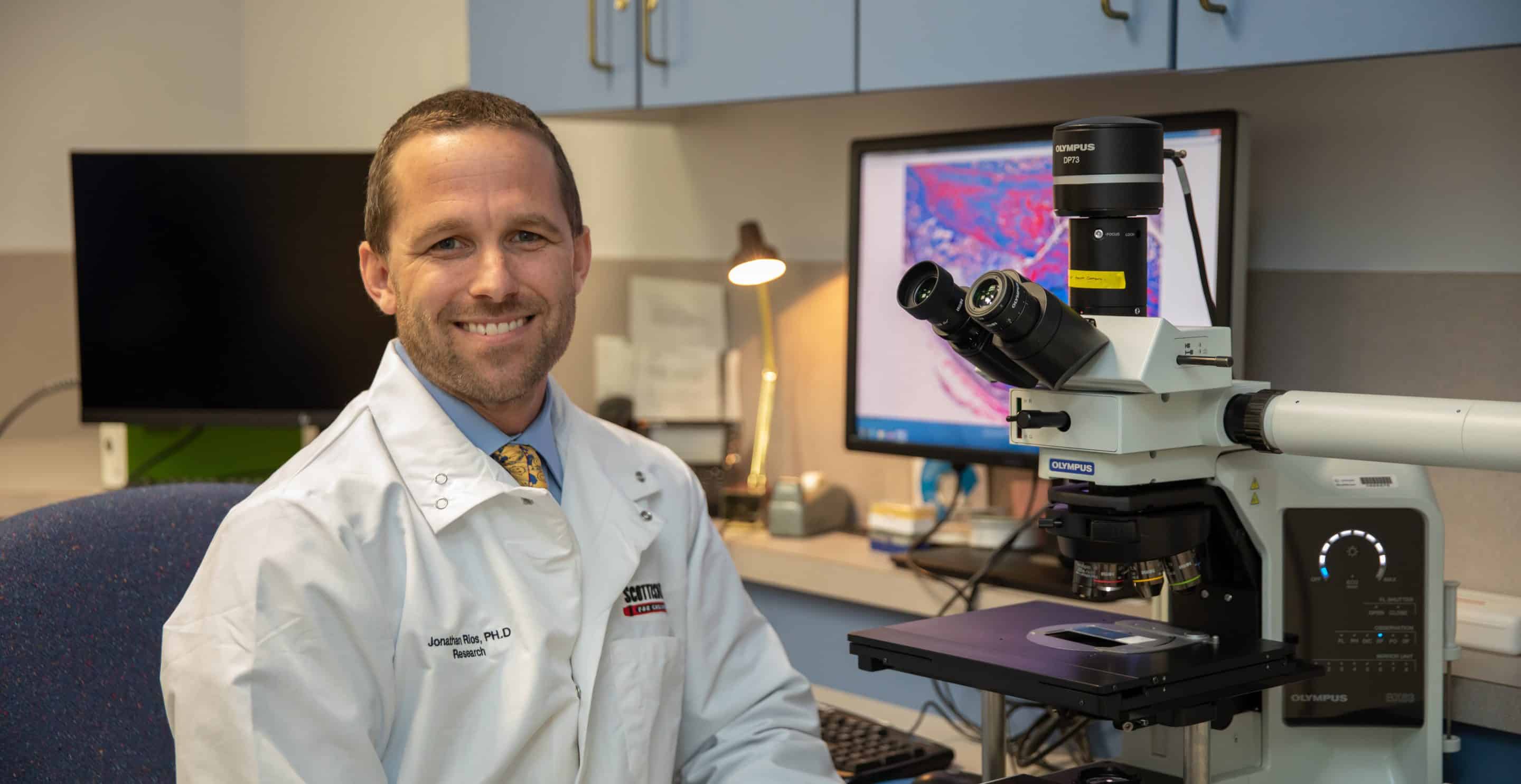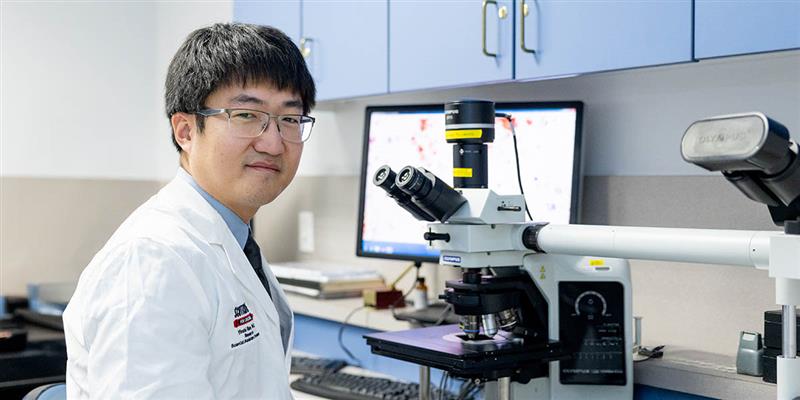Researchers at Scottish Rite for Children and UT Southwestern Medical Center recieved a $420,000 grant to test a gene therapy they believe may lead to a breakthrough treatment for a disease that causes children to lose nerve and motor control by the age of 5.
The two-year project, led by principal investigator Jonathan J. Rios, Ph.D., and funded by the National Institute of Neurological Disorders and Stroke, aims to develop and test a new treatment for Childhood-Onset Striatonigral Degeneration (SNDC). SNDC is a progressive neurodegenerative disorder affecting children, leading to loss of nerve and muscle function. Currently, there are no treatments to slow, reverse or stop the progression of this condition.
“The funding provided by this award ensures we can complete the research needed to move this potential new therapy closer to treating children with this devastating condition,” said Rios, who is the director of Molecular Genetics at Scottish Rite, as well as an associate professor in the Eugene McDermott Center for Human Growth and Development and the Departments of Pediatrics and Orthopaedic Surgery at the University of Texas Southwestern Medical Center (UTSW).
SNDC is caused by genetic mutations that affect a child’s neurological functions. Over time, children with the condition experience muscle spasms, trouble with balance and posture and tremors. Children with SNDC may lose the ability to speak or move on their own. The condition is rare and affects an estimated one to nine in 1,000,000 people. Without treatment, the symptoms of SNDC can be debilitating, and in some cases fatal. The gene therapy being studied at Scottish Rite would be the first treatment for SNDC if eventually approved by the FDA.
“Many parents of children with rare diseases struggle with finding hope for a cure,” says Robert L. Walker, president/CEO of Scottish Rite. “Scottish Rite is committed to giving these children and their families the support they need through our research discoveries.”














